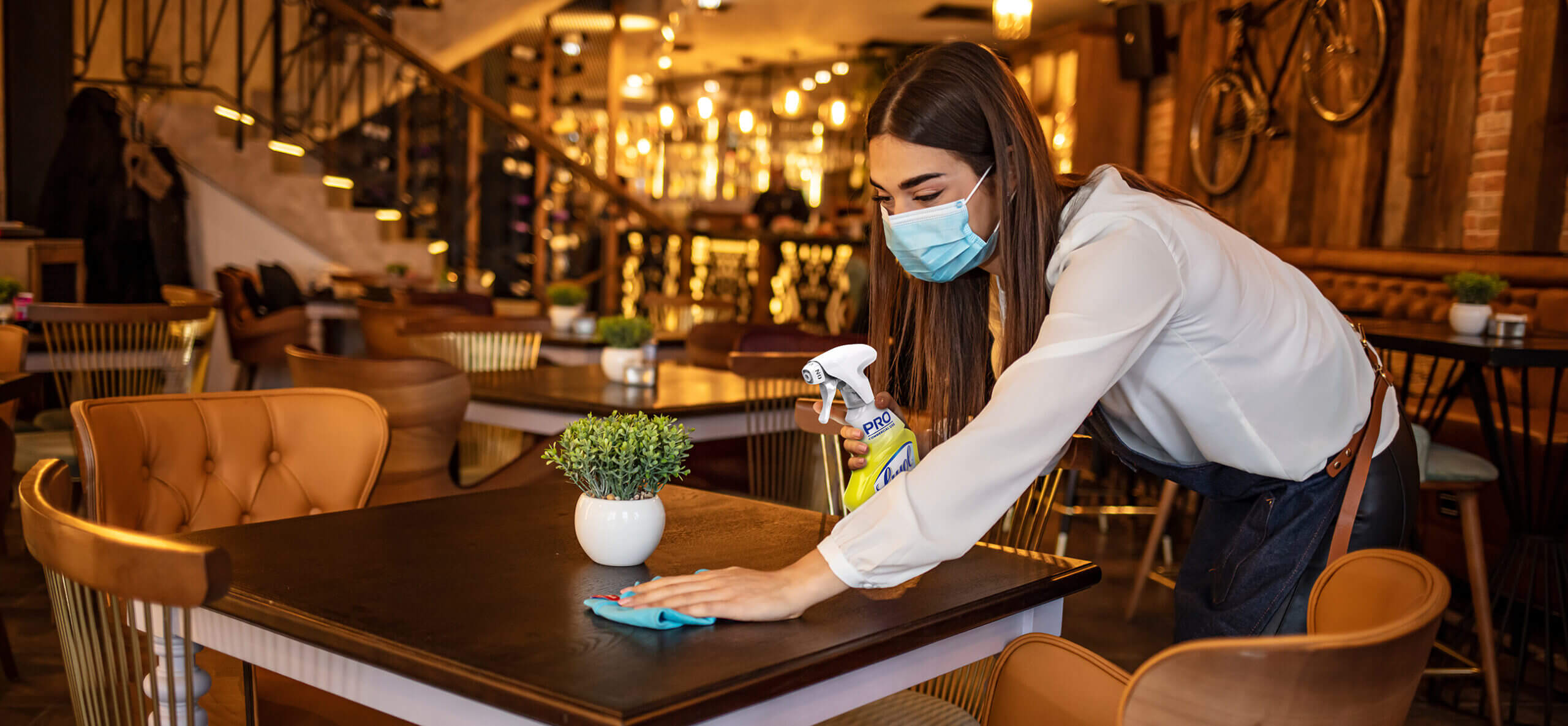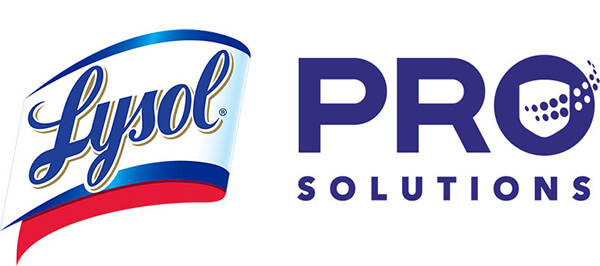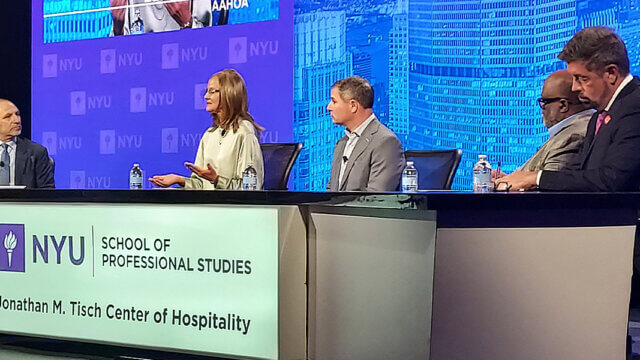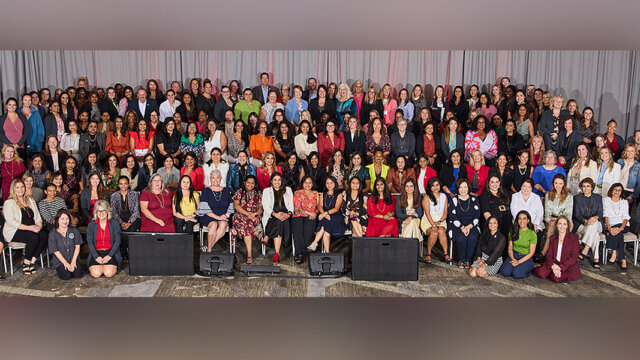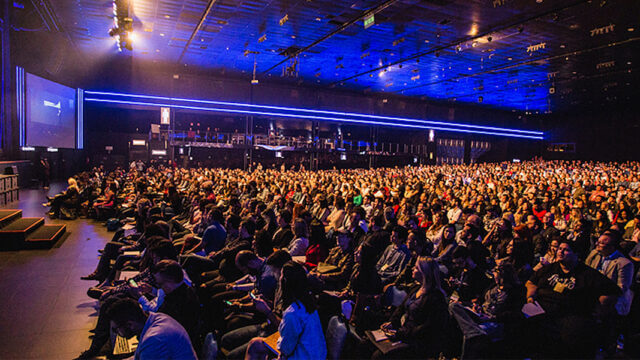By Dr Lisa Ackerley, Director, Medical and Scientific Engagement, Hygiene, at Lysol Pro Solutions
Expectations of cleanliness in hotels have changed forever. As the industry continues to bounce back from the pandemic, protecting against the spread of illness-causing germs is central to increasing guests’ confidence. Around 80% of Americans remain concerned about germs while away from home,[1] and only 40% of vaccinated people indicate that they are comfortable staying at a hotel or home share.[2]
Against this backdrop, the hotel industry can look to one recent live event for a blueprint of hygiene best practices for communal environments; the UN Climate Change Conference – or COP26, which was one of the largest physical events to be held since the beginning of the pandemic.
As the official hygiene partner of COP26, Reckitt’s protocols offer an example of an efficient and effective approach to hygiene intervention. Known as targeted hygiene, the science-led approach shows hotel operators how guests and staff interact with surfaces within a physical space. They can then identify the right products, protocols, and priority of disinfection frequency of zones based on high-touch areas. Using signage and other communications, hotels can also address concerns around germs by communicating effectively and transparently about the protocols they have implemented.
Hotels seeking best practices in targeted hygiene should consider the following takeaways from COP26:
- Target your approach and identify the hotspots
- Rather than utilizing unnecessary large-scale disinfection, hotels should implement science-backed targeted hygiene protocols to help break the chain of infection. At COP26, Reckitt identified 50,000 hotspots and developed a tailored approach, simplified into 12 easy protocols with training materials
- Consider timing and frequency
- Once protocols are established for surfaces in a hotel, the key to reducing the potential for germ transmission is the timing and frequency of cleaning and disinfection. Rather than “deep clean” just once a day, cleaning and disinfection of hotspots in communal areas should happen immediately after busy periods.
- Use trusted products
- As part of their best practices, hotels should use regulated products approved for surface disinfection. At COP26, organizers used Lysol’s sister brand, Dettol disinfecting products, proven to inactivate SARS-CoV-2, the virus that causes COVID-19.
At a time of heightened germ concern, the key to maintaining confidence in hotels is for guests to feel comfortable while enjoying their stay. As was demonstrated at COP26, a program of targeted hygiene protocols helps break the chain of transmission of infectious diseases – no matter what size venue.
[1]Reckitt Toluna Tracker, Wave 19 (9/5-9/11), 2021 – Toluna USA, Inc., shall not be liable to [insert Reckitt Benckiser specific entity] in contract, tort (including negligence or breach of statutory duty) or otherwise howsoever and whatever the cause thereof, for any loss or damage suffered or incurred by [Reckitt Benckiser specific entity] in connection with any claim from a third party resulting from the disclosure of the Lysol Germ Concern Report – dated November 2021.
[2]Insights provided by Streetbees, a global intelligence platform, Reckitt Research, 4 weeks to September 1, 2021 – Streetbees delivers in-the-moment consumer intelligence for consumer brands. Our 4.5 million global bees use a WhatsApp style app to capture their consumption moments, enriched with emotion and context. In their own words, photos and videos, consumers help Streetbees and its customers including Unilever, Pepsico and Mars uncover where to play and how to win.
Streetbees proprietary machine learning and AI make it possible to turn these billions of data points into easy to access and easy to action growth opportunities.
Launched this year, Streetbees GO is an always on category specific dashboard that delivers qualitative quality at quantitative scale.
For real-time consumer insights please visit https://www.streetbees.com/ Contact Sara Beth Fahey at Matter PR [email protected]
